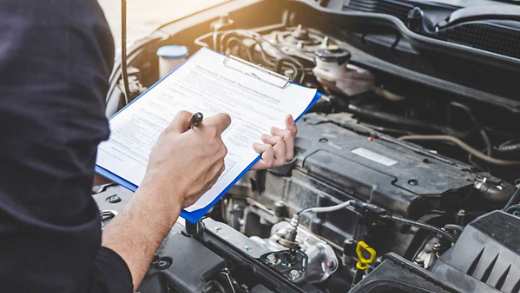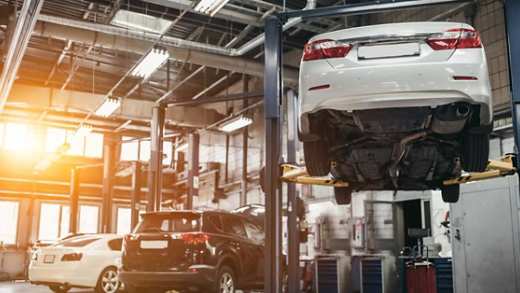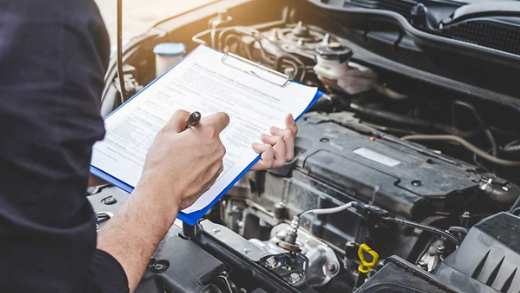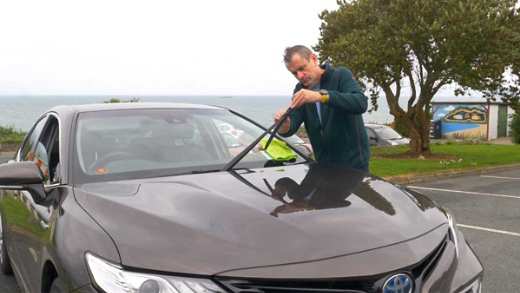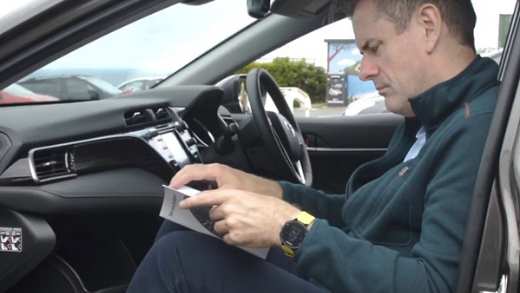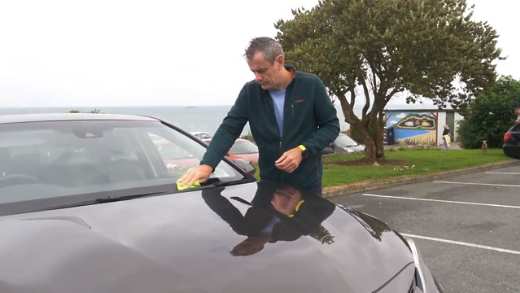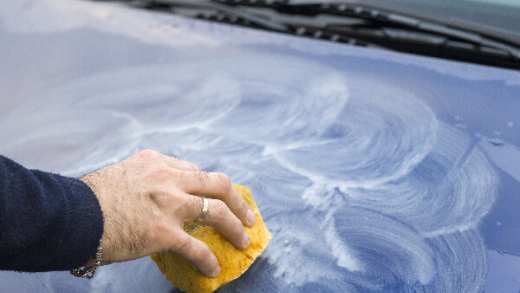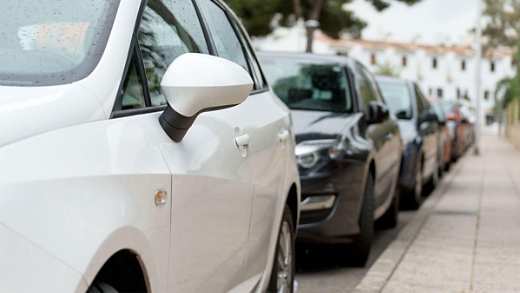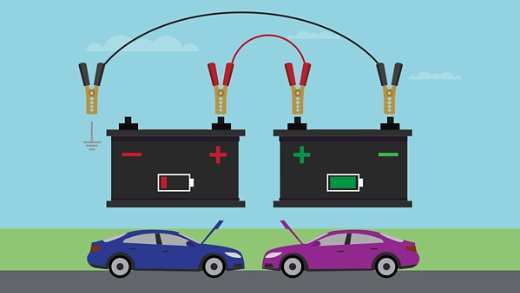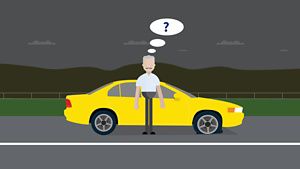Driving with children in the car requires extra precautions, and one of the most crucial steps is ensuring they are safely secured in an appropriate car seat.
In Ireland, it's a legal requirement for children to be seated in a car seat that is suitable for their age, height, and weight until they either reach 150cm (4’11”) in height or 36kg (approx. 79 lbs) in weight. Failing to do so not only puts your child's safety at risk but can also result in penalties, including fines and points on your driving licence.
In this guide, we’ll explore the features to look for in child car seats for the different age groups, focusing on both safety and convenience for parents. Whether you’re selecting a car seat for a newborn or transitioning to a booster seat for an older child, understanding these key features will help you make the best choice for your family.
Transcript for video Car seat options by age
Car seat options by age
Car seat options by age
Infant car seats (Birth to 15 months)
Infant car seats are designed for newborns and babies up to 15 months old. They are always rear facing to provide optimal protection for the baby’s head, neck, and spine in the event of a collision.
Convertible car seats (Up to four years)
Convertible car seats are versatile and can be used both rear-facing and forward-facing as your child grows. They begin as rear-facing for infants. The rear-facing position is the safest for your child up until they have outgrown the capability for the seat to be rear-facing and only then should you transition your child to forward-facing.
Forward-facing car seats (minimum 15 months to four years)
Once your child outgrows the rear-facing phase, forward-facing car seats are the next step. These seats come with a built-in harness system and are designed to protect toddlers from a minimum of 15 months up to four years old, with some accommodating even older children based on their weight.
Booster seats (four years and up)
Booster seats are for children aged four years and older, until they are big enough to use the car’s seat belt without additional support. These seats can be either high back or backless and should help position the seat belt correctly across the child’s chest and lap for optimal safety.
Key safety and comfort features to watch out for
While each type of car seat is designed for a specific age group, there are essential safety and comfort features that are common across different car seats:
Five-point harness
A five-point harness is a standard feature in most car seats, excluding booster seats. It secures the child at five points (both shoulders, both hips, and between the legs), distributing the forces of a crash across the strongest parts of their body and keeping them securely in place.
Side-impact protection
Most car seats include enhanced side-impact protection, which consists of padded or energy-absorbing materials around the sides of the seat. This feature helps protect the child’s head, neck, and torso in the event of a side collision.
Adjustable headrest and harness
An adjustable headrest and harness allow the car seat to grow with your child. This ensures that the harness is always positioned correctly, offering the best protection as your child grows. These adjustable features can be modified without the need to rethread straps, making it convenient for parents.
Reinforced frame
A reinforced frame adds an extra layer of durability and protection to the car seat, providing stability during a collision. It ensures the seat remains intact and absorbs crash forces, reducing the impact on your child.
Impact-absorbing base
Some car seats come with a base that is designed to absorb energy in the event of a collision. This reduces the forces transferred to your child, enhancing their safety during a crash.
Easy installation systems (ISOFIX)
Proper installation is key to a car seat's effectiveness. Many car seats now come with an ISOFIX installation system that makes it easier for parents to securely fit the seat to the car. This reduces the risk of incorrect installation, which can compromise safety.
Recline options
Recline functions allow the seat to be adjusted to different angles, offering a more comfortable position for your child, especially during long journeys. This feature is particularly important for rear-facing and convertible car seats, as it helps keep infants in the correct, safe position.
Machine-washable covers
Car seat covers are often removable and machine-washable, which is essential for keeping the seat clean and hygienic, especially with younger children who are prone to spills and messes!
Top tips for car seat installation and fitting
1. Avail of free fitting services
Many retailers in Ireland, including Halfords, provide free car seat fitting services. Make the most of these to ensure your child’s car seat is properly installed.
The RSA’s 'Check it Fits' roadshow offers a free, nationwide service where a team of experts will not only ensure your child’s car seat is correctly installed but will also give a demonstration and address any questions you may have.
2. Avoid these common mistakes
- Incorrect harness position: Ensure the harness is at or just below your child’s shoulders when rear-facing and at or above the shoulders when forward-facing.
- Loose installation: The car seat should not move more than an inch side to side or front to back when properly installed.
- Using a seat after an accident: Even if it looks fine, a car seat that has been involved in a collision should always be replaced.
3. Register your car seat
Always register your car seat with the manufacturer after purchase. This way, you’ll be notified in case of any recalls or safety updates. Most manufacturers include a registration card in the packaging or offer an online registration option for ease.
For more detailed information on child car seat regulations and best practices, be sure to refer to the RSA’s Code of Practice for Child Car Seat Retailers.
Remember, with Aviva car insurance, breakdown assistance is included as standard. Call 1800 44 88 88, we're here 24 hours a day, 365 days a year if your car breaks down.
At Aviva, you’ll also save 15% on your car insurance when you buy online¹. Get your quote today. Visit www.Aviva.ie.

